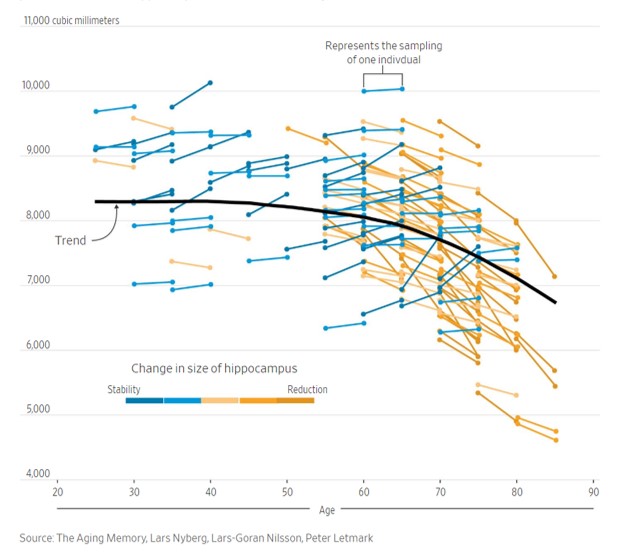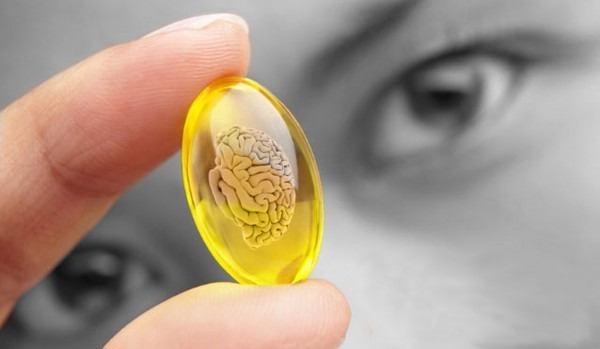Posts Tagged ‘medications’
Study: Self-guided sleep app Sleepio, combined with standard care for depression and anxiety, delivers better outcomes than standard care alone
Study backs benefit of insomnia DTx Sleepio on mental health (pharmaphorum): The study – published in the journal Behaviour Research and Therapy – tested the Sleepio app developed by digital health specialist Big Health as an add-on to standard NHS care for anxiety and depression under the improving access to psychological therapies (IAPT) policy. Patients…
Read MoreAnticholinergic drugs found to significantly increase risk of cognitive decline, especially among those with Alzheimer’s Disease biomarkers or genetic predisposition
Common Class of Drugs Linked to Increased Risk of Alzheimer’s Disease (UC San Diego release): A team of scientists, led by researchers at University of California San Diego School of Medicine, report that a class of drugs used for a broad array of conditions, from allergies and colds to hypertension and urinary incontinence, may be…
Read MoreReminder: A brain-friendly lifestyle is the best approach to delay cognitive decline and dementia
_______ What Science Tells Us About Preventing Dementia (The Wall Street Journal): “When it comes to battling dementia, the unfortunate news is this: Medications have proven ineffective at curing or stopping the disease and its most common form, Alzheimer’s disease. But that isn’t the end of the story. According to a recent wave of scientific…
Read MoreThink twice before taking Aderall for cognitive enhancement: It may actually impair working memory and other cognitive abilities
___ ADHD drugs do not improve cognition in healthy college students (ScienceDaily): “Contrary to popular belief across college campuses, attention deficit hyperactivity disorder (ADHD) medications may fail to improve cognition in healthy students and actually can impair functioning, according to a study by researchers at the University of Rhode Island and Brown University.
Read MoreWhen Healthcare ignores Mental Health: 200 common prescription medications increase depression risk
___ Many Americans taking common meds that may cause depression, study finds (CBS News): “More than one-third of U.S. adults are taking prescription medications that may lead to depression, new research finds. The study, published in the Journal of the American Medical Association, warns that depression is a potential side effect of more than 200 commonly…
Read MoreStudy: For good and bad, TV ads promote higher prescribing volume of psychiatric medications
How Are Direct-to-Consumer-Advertisements Changing Psychiatric Drug Use? (The Dana Foundation): “Flip on your television to a commercial station and you are likely to see ads for cars, snacks, and home appliances—and prescription medications. Some ads specifically target psychiatric illnesses
Read More





